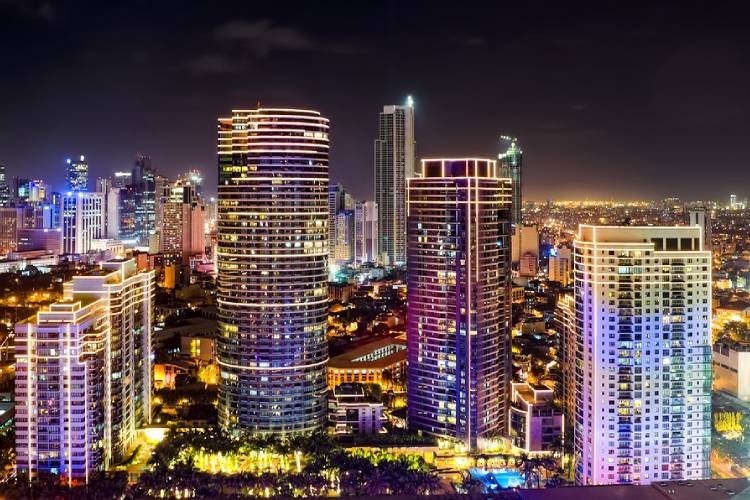Part I: Common Provisions
On 16 July 2024, the Department of Justice (DoJ) introduced new rules aimed at streamlining criminal investigations and inquest proceedings. Issued through Department Circular 015 (DC 15), the “2024 DoJ-NPS Rules on Preliminary Investigations and Inquest Proceedings” apply across all DoJ prosecution offices.
These rules establish updated standards for evidence, increased prosecutor involvement and improved access to virtual and electronic processes, significantly impacting the handling of criminal cases in the Philippines.
As compared to DoJ’s Circular 28, (DC 28) or the “2024 DoJ-NPS Rules on Summary Investigation and Expedited Preliminary Investigation, DC 15 governs the conduct of preliminary investigation in the National Prosecution Service (NPS) for crimes or offenses where the penalty prescribed by law is at least six years and one day regardless of fine. (Sec. 2)
Under the new rules, a Preliminary Investigation is a summary proceeding to determine whether there is sufficient basis to charge a person in court. This investigation aims to establish a “reasonable certainty of conviction” based on a case build-up, which includes gathering all necessary evidence, as outlined in DC 20. (Sec. 7) This preliminary process ensures that only well-supported cases move forward to trial, thus preventing unnecessary cases from clogging the courts.
Inquest Proceedings, on the other hand, are designed for situations involving individuals arrested without a warrant. Here, the prosecutor quickly reviews the circumstances and available evidence to decide if the person should remain in custody and face charges. This informal but critical step ensures that detained individuals are either formally charged or released promptly. (Sec. 12)
The DoJ has set forth specific provisions that apply to both Preliminary Investigation and Inquest proceedings:
1.Quantum of Evidence (Sec. 5)
• The new standard of proof requires prima facie evidence with “reasonable certainty of conviction.” This is a higher threshold than the previous “probable cause” standard.
• Reasonable certainty of conviction means that the evidence — whether testimonial, documentary, or physical —should be strong enough that, if unchallenged, it could establish all elements of the alleged crime and result in a conviction beyond a reasonable doubt.
• Prosecutors must evaluate all presented evidence, ensuring it is (a) admissible, (b) credible, and (c) capable of proving the crime and the accused’s responsibility.
• Reasonable certainty of conviction also includes a summary evaluation of the evidence presented by the respondents through their counter-affidavit.
2. Disposition and Recommendations (Sec. 16)
• If the prosecutor finds that the evidence does not meet the standard of reasonable certainty for conviction, he/she must recommend the dismissal of the complaint, subject to the approval of the head of the prosecution office.
• The prosecutor shall cite the legal grounds for dismissal in the complaint in his/her resolution, but the dismissal is without prejudice and may be refiled when new or additional pieces of evidence are produced upon further case build-up.
• If a recommendation for dismissal is disapproved by the head of the prosecution office on the ground that there exists prima facie evidence with a reasonable certainty of conviction, the head, without conducting another preliminary investigation, may file the information against the respondent; or director another prosecutor to do so.
• If the evidence meets the standard of reasonable certainty for conviction, the prosecutor shall issue a resolution recommending the filing of an Information in court and henceforth, prepare the same.
3. Remedies
a. Motion for Reconsideration (Sec. 18)
• The aggrieved party may file a motion for reconsideration of the resolution within 15 days from receipt.
• The motion shall be assigned to the investigating prosecutor or another prosecutor within three (3) days from the filing thereof.
• The motion shall be resolved within 30 days from the date of assignment.
b. Petition for Review (Sec. 19)
• Resolutions of the Prosecutor General or the City, Provincial, or Regional Prosecutor on preliminary investigation or motion for reconsideration, may be the subject of a petition for review or appeal.
• Shall be accompanied by a motion to suspend proceedings, as filed with the court.
• Resolutions of the Prosecutor or Regional Prosecutor on appeal of the cases cognizable by first level courts shall be final and no longer appealable to the Office of the Secretary of Justice.
• Resolution of the Secretary of Justice on appeal in criminal cases cognizable by the second level courts shall be final, executory, and non-appealable.
c. Motion for Reconsideration on Petition for Review (Sec. 20)
• The aggrieved party may file a verified motion for reconsideration of the resolution within 15 days from receipt.
This overview provides a foundational understanding of the common provisions governing Preliminary Investigation and Inquest Proceedings.
In the next article, we will explore the salient portions of the revised rules on regular preliminary investigation.







